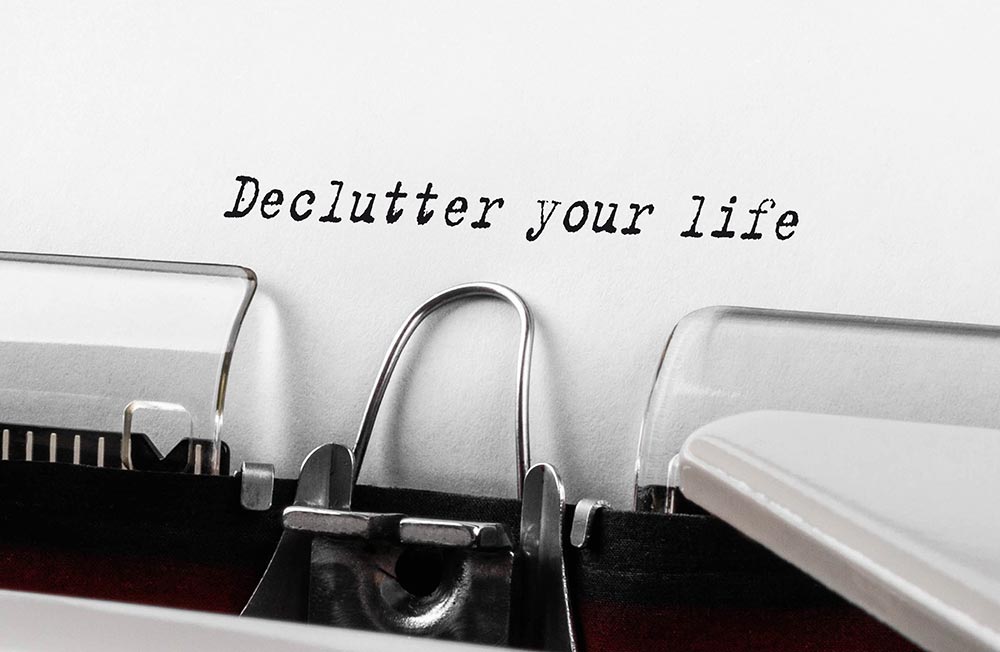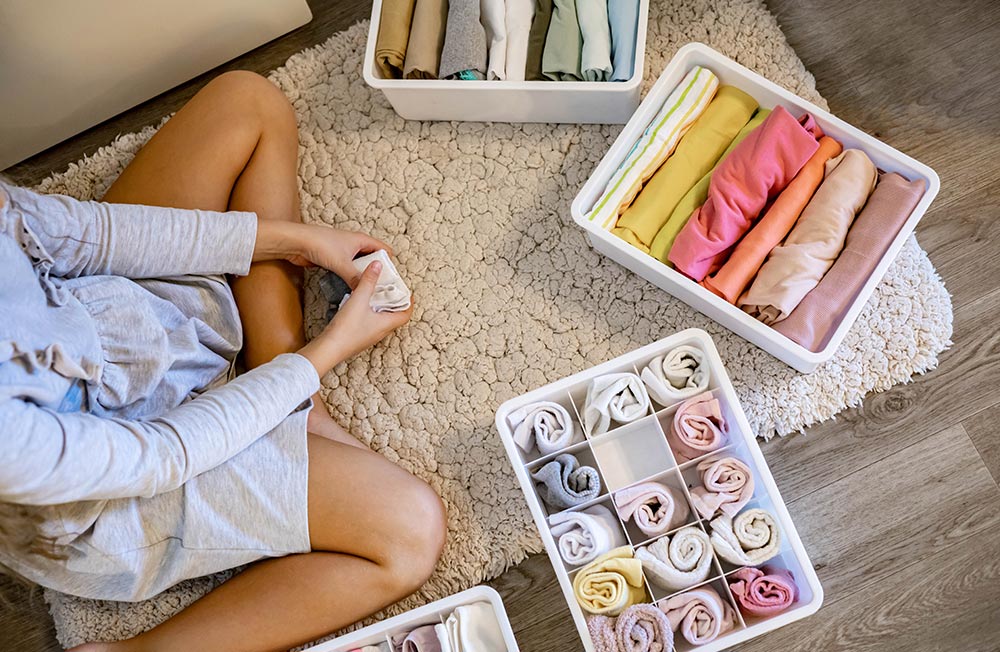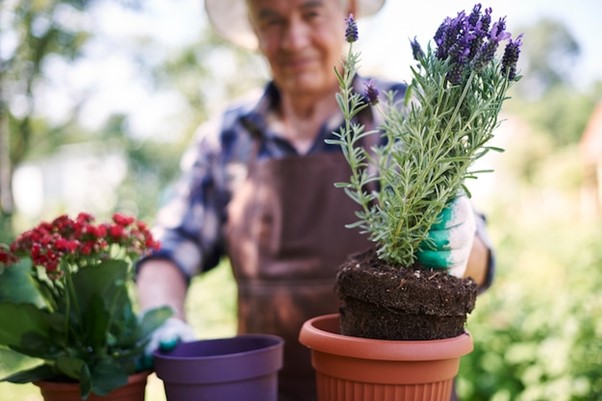If I asked you to think about what’s hiding behind the straining doors of your cupboard at home, would you feel joy, or a sense of dread? The reality is, most of us own way more things than we need. In fact most people probably don’t even know the extent of what they own. But research has shown too much clutter can negatively affect our sleep, focus and mental health, and cause overwhelm.

Here are some ways to tackle the clutter in your life, plus tips on how to discard things, and how to avoid clutter in the first place:
Break it down
For most people, decluttering is an onerous task, so try and make it as easy for yourself as possible. If you tackle it all at once, it can be overwhelming, and you might find yourself giving up before you’ve really made much of a dent. Instead, break it down into stages, whether it’s categories of items, certain sections or rooms of the house, or even a drawer at a time. You can even break it down into a set amount of time each week.
Be mindful about the process
Don’t just tackle the decluttering at a rate of knots. Instead, take your time to be mindful, and give adequate consideration to each item. Japanese organisation expert Marie Kondo created her signature KonMari method, which is a philosophy of decluttering based around holding onto things that spark joy, and letting go of things that no longer serve you. So ask yourself about why you’re keeping each item. Is it something you love and enjoy using or owning, or is it something you just feel like you should hold onto? Kondo touts keeping what brings you joy, and for those items that don’t, discard them with gratitude. Before discarding an item, hold onto it, think about what it meant to you or perhaps what it taught you, mentally thank the item for what it has done, and discard it knowing you’re creating more space in your life for things that do bring you joy.
Tackling the sentimental stuff
This bit can be the hardest. Whether you’re holding onto tickets from a music concert decades ago, the first artwork your child ever created at daycare, a rock collected at a special place, or items that were favourites of a deceased relative, the sentimental belongings can be hardest to part with. But by getting rid of the item, it doesn’t mean also losing the memories attached to it. By mindfully sorting through sentimental items and acknowledging them, you can reinforce the memory without having to necessarily keep the item. You could also always take a photo of the item, which is easier to store.
Storage is key
Thoughtful and planned storage solutions will help you to limit what you have. The phrase, ‘a place for everything and everything in its place’, will aid you in maintaining your newly decluttered home.
Think of allocated storage solutions, such as draw inserts in your wardrobe, kitchen or laundry, hanging solutions for your garage or garden shed; each area in your home can provide an opportunity to organise your belongings and curb additional purchases or perhaps unnecessary items.

Prevent future clutter
If you’ve tackled the whole house and reduced your belongings—congratulations! The best way to ensure you don’t need to do a big declutter anytime soon, or ever again, is to keep an eye on things that come into the home, and discard what you don’t want or need early on. You could also implement a one-in-one-out policy, where you discard a belonging for everything new you acquire, which will help keep your clutter in check.





